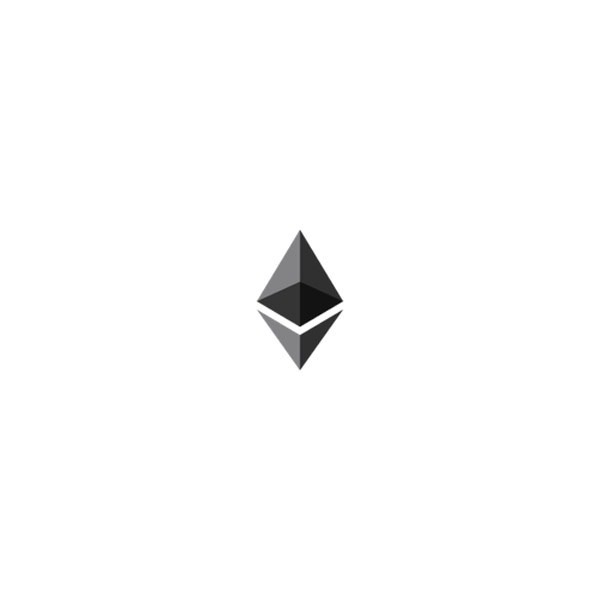
What is Ethereum Crypto Currency?A brief description of Ethereum.
Ethereum is an open blockchain platform that lets anyone build and use decentralized applications that run on blockchain technology. Like Bitcoin, no one controls or owns Ethereum – it is an open-source project built by many people around the world. But unlike the Bitcoin protocol, Ethereum was designed to be adaptable and flexible. It is easy to create new applications on the Ethereum platform, and with the Homestead release, it is now safe for anyone to use those applications.
Ethereum Video
The purpose of Ethereum
Conditional Trustless transactions, Replace traditonal contracts between parties, Build Decentralized applications, Trustless transactions between parties, Freedom of payments, Counterfeiting impossible, Fraud resistant, No single point of failure, No % based transfer costs, token issuance
Ethereum Abstract
Blockchain technology is the technological basis of Bitcoin, first described by its mysterious author Satoshi Nakamoto in his white paper “Bitcoin: A Peer-to-Peer Electronic Cash System”, published in 2008. While the use of blockchains for more general uses was already discussed in the original paper, it was not until a few years later that blockchain technology emerged as a generic term. A blockchain is a distributed computing architecture where every network node executes and records the same transactions, which are grouped into blocks. Only one block can be added at a time, and every block contains a mathematical proof that verifies that it follows in sequence from the previous block. In this way, the blockchain’s “distributed database” is kept in consensus across the whole network. Individual user interactions with the ledger (transactions) are secured by strong cryptography. Nodes that maintain and verify the network are incentivized by mathematically enforced economic incentives coded into the protocol.
In Bitcoin’s case the distributed database is conceived of as a table of account balances, a ledger, and transactions are transfers of the bitcoin token to facilitate trustless finance between individuals. But as bitcoin began attracting greater attention from developers and technologists, novel projects began to use the bitcoin network for purposes other than transfers of value tokens. Many of these took the form of “alt coins” – separate blockchains with cryptocurrencies of their own which improved on the original bitcoin protocol to add new features or capabilities. In late 2013, Ethereum’s inventor Vitalik Buterin proposed that a single blockchain with the capability to be reprogrammed to perform any arbitrarily complex computation could subsume these many other projects.
In 2014, Ethereum founders Vitalik Buterin, Gavin Wood and Jeffrey Wilcke began work on a next-generation blockchain that had the ambitions to implement a general, fully trustless smart contract platform.
More information can be found in the Ethereum whitepaper http://www.ethdocs.org/en/latest/
Other Ethereum facts
- Trading symbol: ETH
- Governance: Semi-centralized
- Open source: Yes
- Product status: Fully working product
- Consensus method: Ethereum consensus (currently proof of work, will be proof of stake later on)
- Emmission rate: Deflation through token burning
- Transactions per second: 10
- Total Supply: N/A
- Release date: 2015-07-30
Usefull Ethereum links
- Ethereum’s Website
- Ethereum pricing data & fundamental Ethereum information
- Ethereum’s Website
- Ethereum official blog
- Ethereum’s Bitcointalk Forum
- Ethereum’s Reddit Forum
- Ethereum’s block explorer
- Ethereum’s Alexa site stats
- Ethereum’s official forum: Unfortunately we don’t have this data available.
- Ethereum’s Github code repository:
https://github.com/ethereum/go-ethereum
http://github.com/ethereum
https://github.com/ethereum/pyethereum
https://github.com/ethereum/libweb3core
https://github.com/ethereum/ethereumj - Ethereum’s roadmap:
https://blog.ethereum.org/2015/03/03/ethereum-launch-process/ - Ethereum’s team page: https://www.ethereum.org/foundation
- Ethereum’s whitepaper: http://www.ethdocs.org/en/latest/